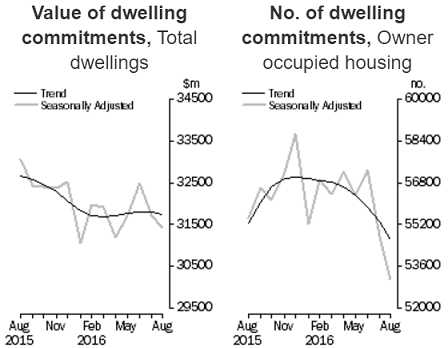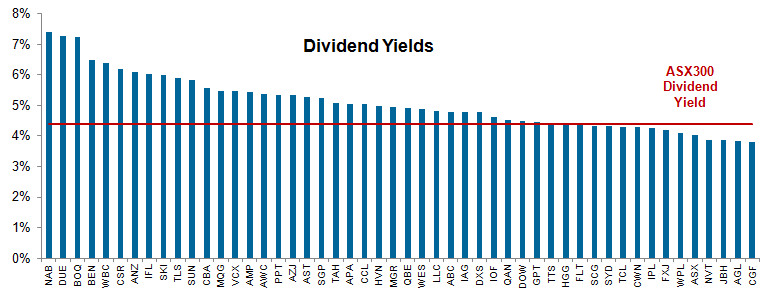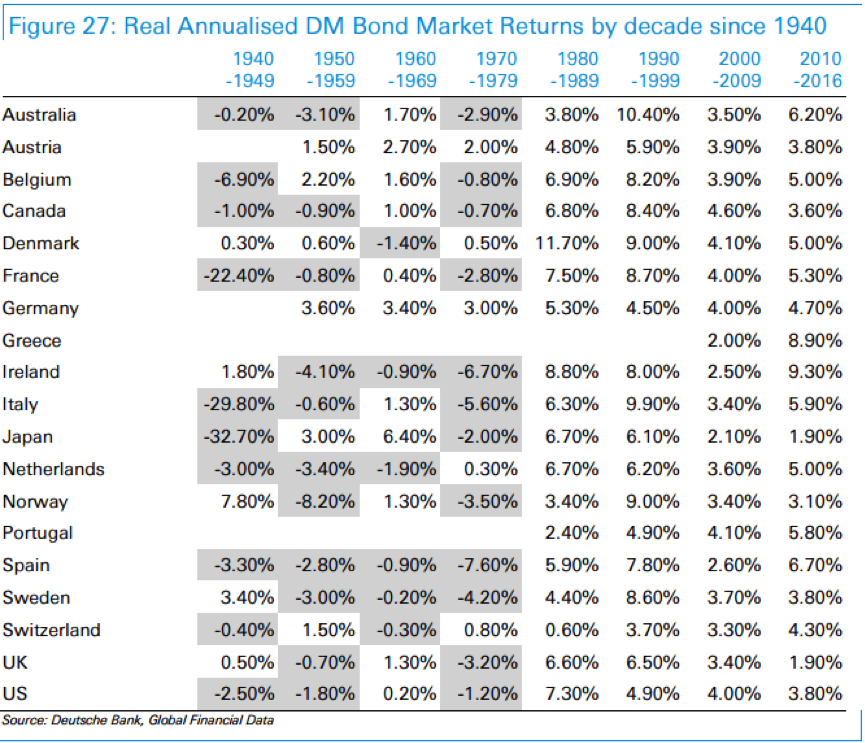Four wires that caught my eye
Get the best of Livewire in your inbox each Saturday morning. Sign up for the Livewire Weekly here: (VIEW LINK)
The housing boom is running out of fuel
Following the seemingly endless media speculation, leading indicators are beginning to suggest Australia’s housing market is starting to cool. Stephen Roberts, Chief Economist at Altair Asset Management points out that August saw the biggest annual fall (4.2%) in housing commitments in four years. The RBA’s rate cut in early August appears to have failed to stimulate the market – perhaps unsurprising, given less than half flowed through to home loan rates. In the full story, Roberts looks at a big prospective negative for housing. (VIEW LINK)
Four tips to handle any crisis
A former British Army engineer is not the most likely source of investing ideas, but Fidelity’s Investment Commentator, Tom Stevenson, found plenty of useful insights when Nick Francis presented at their recent in-house TED Talk. The four-point plan for handling an emergency situation applies just as well to investing or averting the collapse of a critical bridge in Sierra Leone. “Faced with a crisis, the first thing Francis does is to consider how his mental biases might be getting in the way of good decision making.” Read the full story for more crisis tips. (VIEW LINK)
High yields may ignore fundamental weakness
If nobody has described Anton Tagliaferro as ‘Australia’s Warren Buffett’ in the past, let's coin the title here. With a range of stocks on the ASX yielding 7%+ and 10-year government bonds yielding ~2.2%, it’s no wonder income investors have been turning to stocks. Tagliaferro warns investors to watch out for the income traps; “when a stock may look attractive from the headline dividend yield alone, yet is unsupported by robust company fundamentals.” In the full article, he suggests some questions to ask when investing for yield and offers BHP as a case study of an income trap. (VIEW LINK)
Stocks with growth & reasonable yield
Growth and yield are always popular factors, but in a macro environment of low rates and low growth, investor appetite has been particularly strong. Or as Marcus Tuck from Mason Stevens put it; “The market's quest for income-producing assets is likely to be an ongoing theme for quite some time. The best protection against market volatility is to focus on high-quality companies that can produce reliable EPS growth.” He has run a screen of the ASX100, looking for stocks with at least 4% grossed-up yield and positive 3-year EPS growth and presents the results in a handy chart, which you can access by the link below. (VIEW LINK)
Chart of the week
Are bond returns always positive?
Not always, but they have been for over 30-years now. It’s surprising to see that negative returns over a decade or more were fairly common between 1940 & 1980.
Get the best of Livewire in your inbox each Saturday morning. Sign up for the Livewire Weekly here: (VIEW LINK)
7 topics
1 stock mentioned




